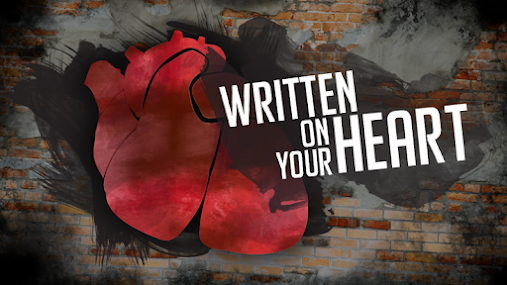Luke 6:20-31
Jesus looked up at his disciples and said:
"Blessed are you who are poor,
for yours is the kingdom of God.
"Blessed are you who are hungry now,
for you will be filled.
"Blessed are you who weep now,
for you will laugh.
"Blessed are you when people hate you, and when they exclude you, revile you, and defame you on account of the Son of Man. Rejoice in that day and leap for joy, for surely your reward is great in heaven; for that is what their ancestors did to the prophets.
"But woe to you who are rich,
for you have received your consolation.
"Woe to you who are full now,
for you will be hungry.
"Woe to you who are laughing now,
for you will mourn and weep.
"Woe to you when all speak well of you, for that is what their ancestors did to the false prophets
"But I say to you that listen, Love your enemies, do good to those who hate you, bless those who curse you, pray for those who abuse you. If anyone strikes you on the cheek, offer the other also; and from anyone who takes away your coat do not withhold even your shirt. Give to everyone who begs from you; and if anyone takes away your goods, do not ask for them again. Do to others as you would have them do to you.”
Reflection We are all saints, or at least we can be because saints are ordinary people who refuse to experience the world divided in two buckets; visible - invisible, divine - human, sacred - secular, physical - spiritual, blessing - woe. Saints are ordinary people who seek unity rather than duality.
Here is the thing. Our lives depend on both; visible and invisible, divine and human, sacred and secular, physical and spiritual, blessing and woe. We begin our lives seeing only black and white. Two months pass before newborns can distinguish red and green and a few more weeks before they can tell apart blues and yellows. It takes time for the cells of the eye to mature and the brain to make sense of subtle signals, like the countless shades of grey. Much as mature vision proceeds through developmental steps so too does our capacity to experience life in shades of grey rather than in competing buckets of black or white, blessing or woe. But unlike our eyes which for most of us mature by autopilot, it is through choice and deliberate practice that we mature to experience the unifying consciousness of ‘this and that’ rather than dualistic consciousness of ‘this or that.’
Which begs the question, what constitutes deliberate practice that fosters the development of unifying consciousness? I believe it is as simple as seven words and as ungraspable as mercury. The deliberate practice intended to develop unifying consciousness is simply following Jesus’ example and praying, “Not my will, your will be done.” Seven simple words!
In his essay, “The Meaning of Holiness” the French philosopher Louis Lavelle insists that we all have the potential to be saints, which is to say, to experience the presence and action of God with us, to live in the tension of the seen and unseen, the material and the spiritual. Saints are ordinary people who live extraordinary lives because of their disciplined intention to live praying, “Not my will, your will be done.” When we live in accord with the will of God ours are lives of holiness and we thrive in right relationship with all people and creation.
Much like accomplished baseball pitchers, pianists, professors, construction workers, teachers or firefighters who persist in disciplined study and practice in their respective fields, if we aspire to holiness of life we must exercise our spiritual muscles through disciplined prayer, worship, study and the diligent practice of living, “Not my will, your will be done.”
And, when the insufferable nay sayer that hides behind our heart stages a protest insisting, “How can I know the will of God?’ Jesus answers. "But I say to you that listen, love your enemies, do good to those who hate you, bless those who curse you, pray for those who abuse you. If anyone strikes you on the cheek, offer the other also; and from anyone who takes away your coat do not withhold even your shirt. Give to everyone who begs from you; and if anyone takes away your goods, do not ask for them again.” And if that is not clear, how about Jesus’ summary? “Do to others as you would have them do to you.”
Do to others as you would have them do to you. Others. All others. Jesus offers no exceptions. It sounds like that means when someone cuts us off while driving on Interstate 10, we bless rather than curse them. When someone is wrestling with their candy wrapper during a heart stopping scene at the theatre or shuffling pages during contemplative prayer, we choose to hear their sounds as divine music rather than personal affronts. When someone is citing their social, political or religious position quite contrary to ours, rather than attacking, defending or beating a quick retreat, we open our hearts and minds to listen with respect. When face to face with the one person who always rubs us the wrong way, we make ourselves smile and see them as holy because we are ordinary saints and so are they.
We are ordinary saints because we choose to exercise our spiritual muscles through disciplined prayer, worship, study and diligent practice of living in accord with seven simple words. “Not my will, your will be done.” Are we perfect? No. And that is what makes ordinary saints both divine and human.
If you find this post to be meaningful please share by clicking on icons below. Thank you.
Lavelle Louis. The Meaning of Holiness, London, Burns & Oates, 1953.












